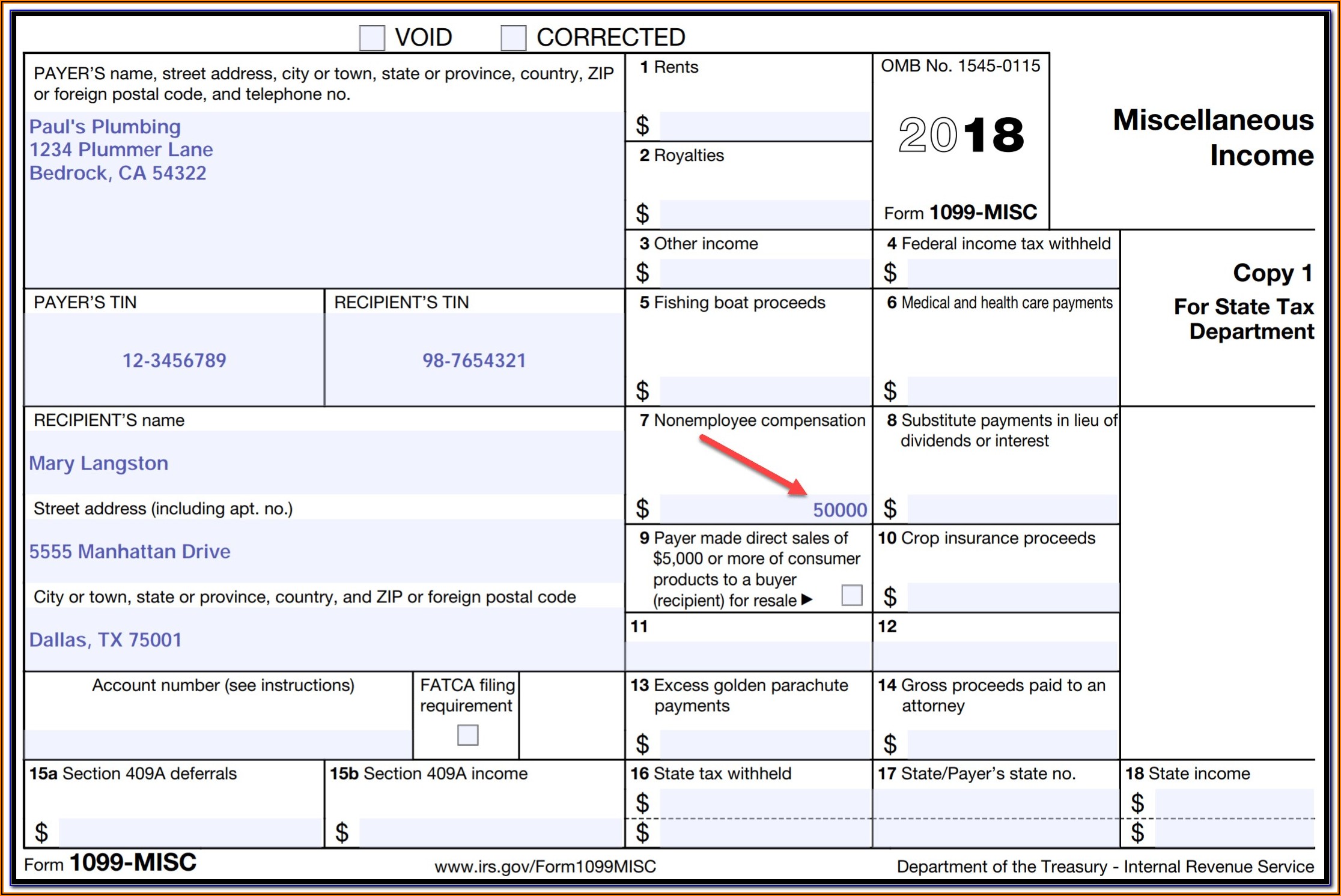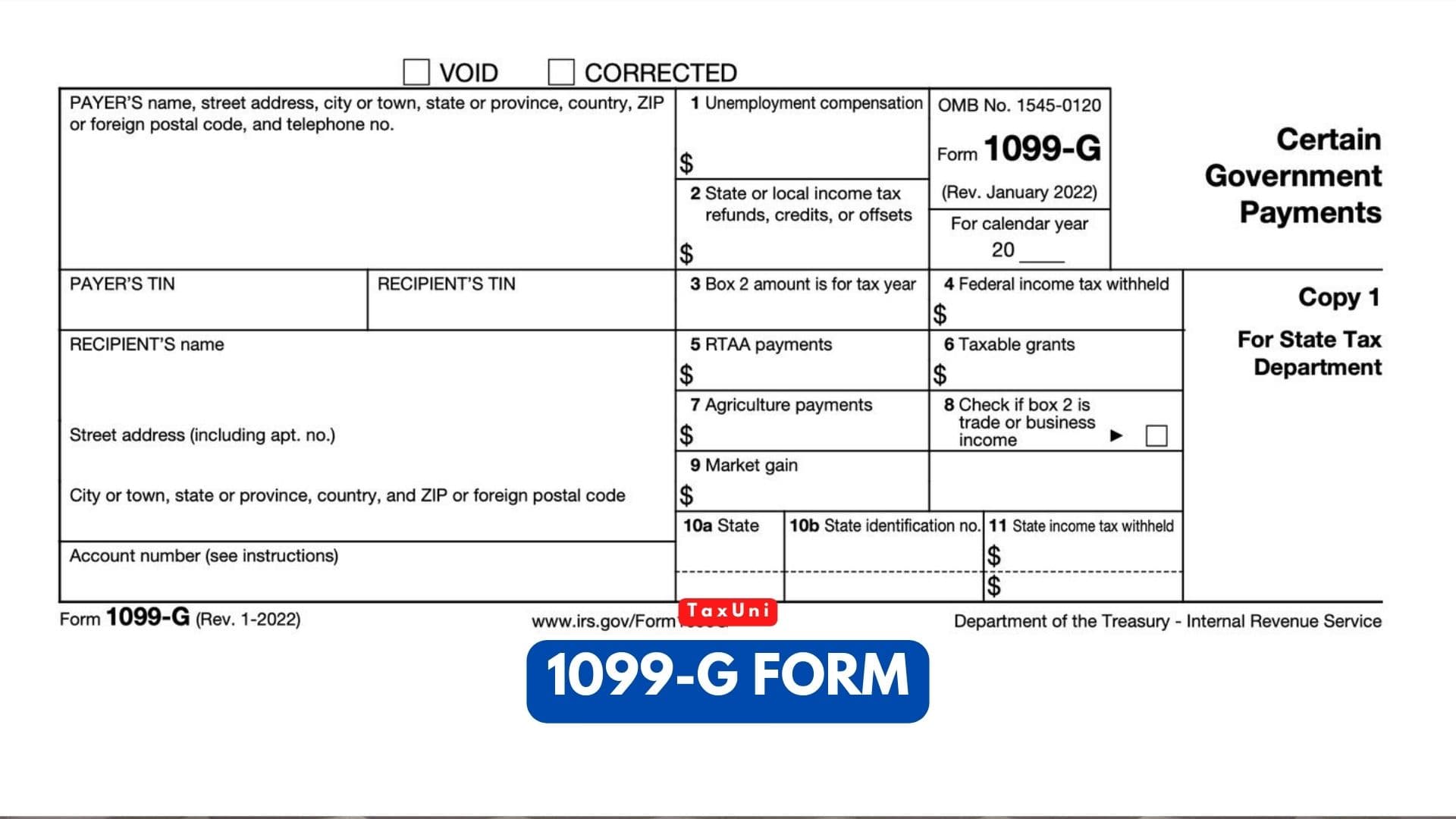Colorado residents who receive government payments or refunds may encounter the 1099-G form during tax season. This document serves as an official record of payments issued by state or local governments, making it essential for accurate tax filing. Whether you're a freelancer, small business owner, or individual taxpayer, understanding the intricacies of the Colorado 1099-G is crucial to ensure compliance with federal and state tax regulations. In this article, we’ll break down everything you need to know about the form, its purpose, and how it impacts your tax obligations.
As tax season approaches, many individuals in Colorado find themselves navigating the complexities of tax forms. Among these is the 1099-G, a form that details payments received from government entities. Whether you’ve received unemployment benefits, tax refunds, or other government payments, the 1099-G plays a vital role in ensuring accurate tax reporting. By understanding its components and requirements, you can avoid common mistakes and streamline the filing process.
This guide aims to demystify the Colorado 1099-G form, providing actionable insights and expert advice to help you navigate its nuances. From understanding what qualifies as reportable income to learning how to file correctly, we’ll cover it all. Whether you’re a seasoned taxpayer or new to the process, this resource will equip you with the knowledge you need to stay compliant and confident during tax season.
Read also:Discover The Charm Of Twin Peaks Mcallen A Mustvisit Destination
What Exactly is the Colorado 1099-G Form?
The Colorado 1099-G form is a document issued by government entities to report payments made to individuals or businesses. These payments may include unemployment compensation, state or local income tax refunds, or other government disbursements. The form is particularly important for taxpayers as it provides a detailed breakdown of the amounts received, ensuring transparency and accountability in tax reporting. Understanding the purpose and components of the 1099-G is the first step toward accurate tax preparation.
Who Receives the Colorado 1099-G?
Not everyone will receive a Colorado 1099-G form. It is typically issued to individuals or businesses that have received payments from government entities during the tax year. Common recipients include those who have collected unemployment benefits, received state tax refunds, or been compensated for government-related services. If you fall into any of these categories, it’s essential to review your 1099-G carefully to ensure all reported amounts align with your records.
Why is the Colorado 1099-G Important for Taxpayers?
The Colorado 1099-G serves as a critical tool for taxpayers, helping them accurately report income and avoid potential penalties. By providing detailed information about government payments, the form ensures that all taxable income is accounted for during the filing process. Neglecting to include amounts reported on the 1099-G can lead to discrepancies in your tax return, resulting in audits or fines. Thus, understanding its significance and adhering to its guidelines is paramount for compliant tax filing.
How Does the Colorado 1099-G Impact Your Taxes?
The information reported on the Colorado 1099-G directly impacts your tax liability. For instance, unemployment benefits or refunds received from the state government may be considered taxable income, affecting your overall tax obligations. It’s important to consult the IRS guidelines or seek professional advice to determine how these payments factor into your return. By accurately incorporating the data from your 1099-G, you can ensure a smoother and more efficient tax filing experience.
What Should You Do If You Disagree With the Colorado 1099-G Amounts?
If you believe the amounts reported on your Colorado 1099-G are incorrect, it’s crucial to address the issue promptly. Start by contacting the issuing government agency to clarify discrepancies. Provide documentation or evidence supporting your claim, and request corrections if necessary. Remember, failing to resolve inaccuracies can lead to complications during tax filing, so proactive communication is key to resolving any issues.
Can You File Taxes Without the Colorado 1099-G?
While it’s ideal to have all necessary forms before filing your taxes, it’s possible to proceed without the Colorado 1099-G under certain circumstances. If you’re unable to obtain the form by the tax deadline, estimate the amounts to the best of your ability and file an amended return once the correct information becomes available. However, always strive to gather all required documents to ensure the most accurate and complete filing.
Read also:Stay Updated With The Nba On Espn Twitter Your Ultimate Guide
Steps to File Your Taxes With the Colorado 1099-G
Filing taxes with a Colorado 1099-G involves several key steps. First, review the form to confirm all reported amounts are accurate and align with your records. Next, input the necessary information into your tax return, ensuring it matches the IRS guidelines. Finally, double-check your calculations and submit your return by the deadline. Here’s a breakdown of the process:
- Review the Colorado 1099-G for accuracy.
- Input the reported amounts into your tax software or manually on your return.
- Verify that all data matches your records and IRS requirements.
- Submit your return by the designated deadline.
What Happens If You Don’t Report Colorado 1099-G Income?
Failing to report income detailed on the Colorado 1099-G can result in serious consequences, including penalties, interest charges, or even an audit. The IRS and state tax authorities compare the information on your return with the data provided on the 1099-G. If discrepancies arise, they may initiate further investigation, leading to additional scrutiny. To avoid these complications, always include all relevant information from your 1099-G when filing your taxes.
Is the Colorado 1099-G Taxable?
Not all amounts reported on the Colorado 1099-G are taxable. For example, state or local tax refunds are only taxable if they exceed the amount of deductions claimed in the previous year. Similarly, certain government payments, such as grants or subsidies, may be excluded from taxable income. Carefully review the IRS guidelines or consult a tax professional to determine which portions of your 1099-G are subject to taxation.
Common Mistakes to Avoid With Colorado 1099-G
When dealing with the Colorado 1099-G, it’s easy to make mistakes that can complicate your tax filing. Common errors include failing to report all income, misinterpreting the form’s data, or neglecting to reconcile discrepancies. To avoid these pitfalls, take the time to thoroughly review your 1099-G and cross-check it with your financial records. Additionally, seek professional assistance if you’re unsure about specific aspects of the form.
How Can You Prepare for Colorado 1099-G Filing?
Proper preparation is key to a successful Colorado 1099-G filing. Begin by gathering all relevant documents, including bank statements, payment receipts, and prior-year tax returns. Next, familiarize yourself with the IRS and state guidelines regarding the form. Finally, consider using tax software or consulting a professional to streamline the process and ensure accuracy. By taking these steps, you can minimize errors and maximize efficiency during tax season.
What Are the Deadlines for Receiving and Filing the Colorado 1099-G?
Government agencies are required to issue the Colorado 1099-G by the end of January following the tax year. Taxpayers, in turn, must include this information in their returns by the federal tax deadline, typically April 15th. If you haven’t received your form by mid-February, contact the issuing agency to request a copy. Staying aware of these deadlines ensures you have ample time to prepare and file your taxes correctly.
Final Thoughts on Colorado 1099-G Compliance
The Colorado 1099-G form plays a pivotal role in tax reporting, providing essential information for accurate filing. By understanding its purpose, components, and implications, you can navigate the complexities of tax season with confidence. Whether you’re managing unemployment benefits, state refunds, or other government payments, the 1099-G ensures transparency and compliance. With careful preparation and attention to detail, you can ensure a smooth and successful tax filing experience.
Table of Contents
- What Exactly is the Colorado 1099-G Form?
- Who Receives the Colorado 1099-G?
- Why is the Colorado 1099-G Important for Taxpayers?
- How Does the Colorado 1099-G Impact Your Taxes?
- What Should You Do If You Disagree With the Colorado 1099-G Amounts?
- Can You File Taxes Without the Colorado 1099-G?
- Steps to File Your Taxes With the Colorado 1099-G
- What Happens If You Don’t Report Colorado 1099-G Income?
- Is the Colorado 1099-G Taxable?
- Common Mistakes to Avoid With Colorado 1099-G


